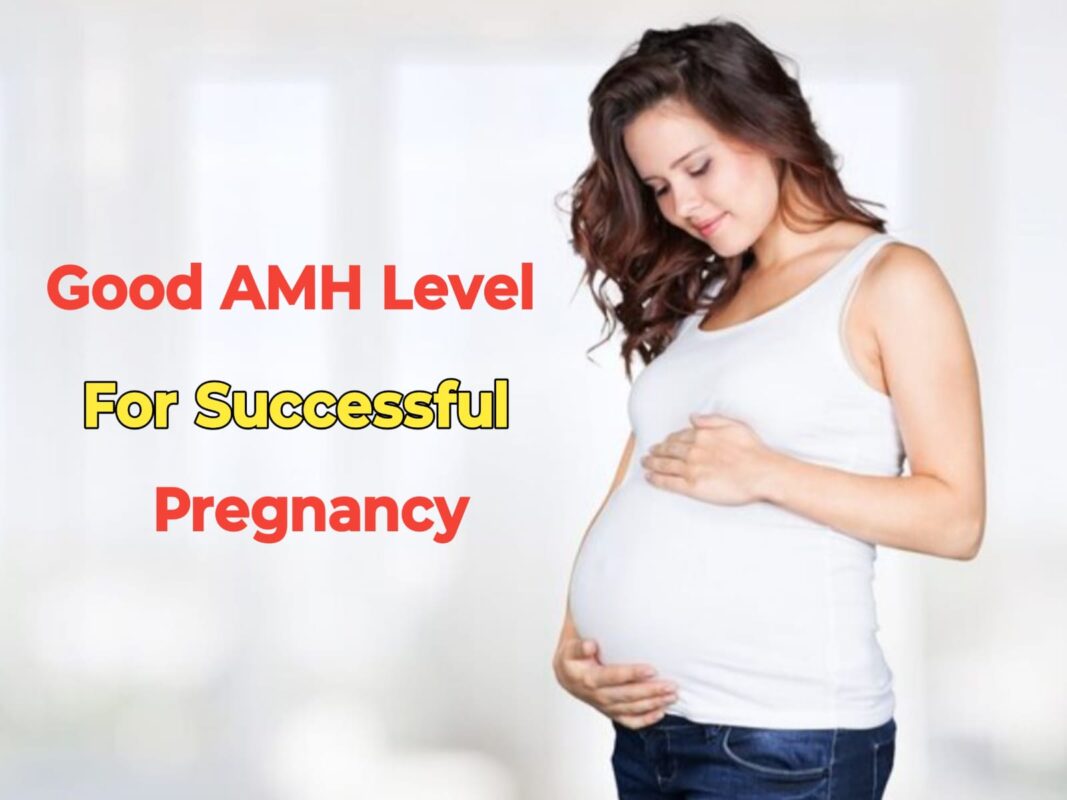Anti-Mullerian Hormone (AMH) plays a crucial role in fertility assessments, particularly for those undergoing in vitro fertilization (IVF). Understanding the significance of AMH levels in the context of IVF can provide valuable insights into the potential success of the procedure. In this article, we’ll explore what AMH is, its relevance to IVF, and what constitutes a good AMH level for optimal IVF outcomes.
What is AMH?
AMH is a hormone produced by the ovaries that reflects the quantity of eggs in a woman’s ovarian reserve. Ovarian reserve refers to the number of eggs a woman has remaining, and it’s a key factor in fertility. As women age, the ovarian reserve naturally diminishes, making it an essential parameter to consider when planning fertility treatments like IVF.
AMH and IVF
In the context of IVF, AMH levels are crucial because they provide insights into the woman’s ovarian reserve, influencing the likelihood of successful egg retrieval and embryo development. A higher ovarian reserve typically translates to a higher number of retrieved eggs, which can improve the chances of obtaining healthy embryos for implantation.
The Ideal AMH Level for IVF
While there isn’t a one-size-fits-all answer to the ideal AMH level for IVF, there are general guidelines that fertility specialists consider. Typically, AMH levels between 1.0 and 4.0 ng/ml are considered normal. However, it’s essential to recognize that individual responses to IVF can vary, and a “normal” AMH level doesn’t guarantee success.
Factors Influencing AMH Levels
Several factors can impact AMH levels, making it a complex parameter to interpret. Age is a significant factor, as AMH tends to decline with advancing age. Lifestyle factors such as smoking and certain medical conditions like polycystic ovary syndrome (PCOS) can also affect AMH levels. Therefore, a comprehensive assessment of a woman’s overall health and reproductive history is necessary for a more accurate interpretation of AMH levels in the context of IVF.
Low AMH Levels and IVF
Women with low AMH levels may face challenges during IVF, as it suggests a reduced ovarian reserve. However, it’s crucial to note that a low AMH level doesn’t necessarily mean IVF is not an option. Fertility specialists can tailor treatment plans to optimize outcomes, even in cases of diminished ovarian reserve. This may involve adjusting medication protocols, considering alternative fertility treatments, or exploring options such as using donor eggs.
High AMH Levels and IVF
Conversely, high AMH levels may indicate a high ovarian reserve, which can be advantageous during IVF. However, extremely high levels could be associated with conditions like polycystic ovary syndrome (PCOS), which may require careful management during fertility treatments. Fertility specialists will tailor the IVF protocol to balance the stimulation of egg production and minimize potential complications.
Individualized Treatment Plans
It’s important to highlight the individualized nature of fertility treatments. While AMH levels provide valuable information, they are just one piece of the puzzle. Fertility specialists consider various factors, including age, overall health, reproductive history, and partner’s fertility, to create personalized treatment plans that optimize the chances of IVF success.
Monitoring and Adjusting Treatment
Throughout the IVF process, monitoring AMH levels and the ovarian response to stimulation is crucial. Fertility clinics typically conduct regular blood tests and ultrasound scans to track follicle development and adjust medication dosages as needed. This dynamic approach ensures that the treatment plan is adapted to the woman’s specific needs, maximizing the chances of a successful outcome.
Emotional Considerations
While the focus is often on the physiological aspects of fertility treatments, the emotional toll should not be overlooked. Individuals undergoing IVF may experience a range of emotions, from hope and excitement to anxiety and frustration. Fertility clinics often provide counseling and support services to help individuals and couples navigate the emotional aspects of the IVF journey.
Conclusion
In conclusion, AMH levels play a significant role in assessing ovarian reserve and guiding IVF treatment plans. While there is a range considered normal, individualized care is paramount in fertility treatments. Fertility specialists utilize a holistic approach, considering various factors to tailor treatment plans that optimize the chances of success. The emotional aspect of IVF should also be acknowledged, with support services available to help individuals and couples navigate the complexities of the journey. Ultimately, understanding AMH levels and their implications empowers individuals to make informed decisions on their fertility journey.

